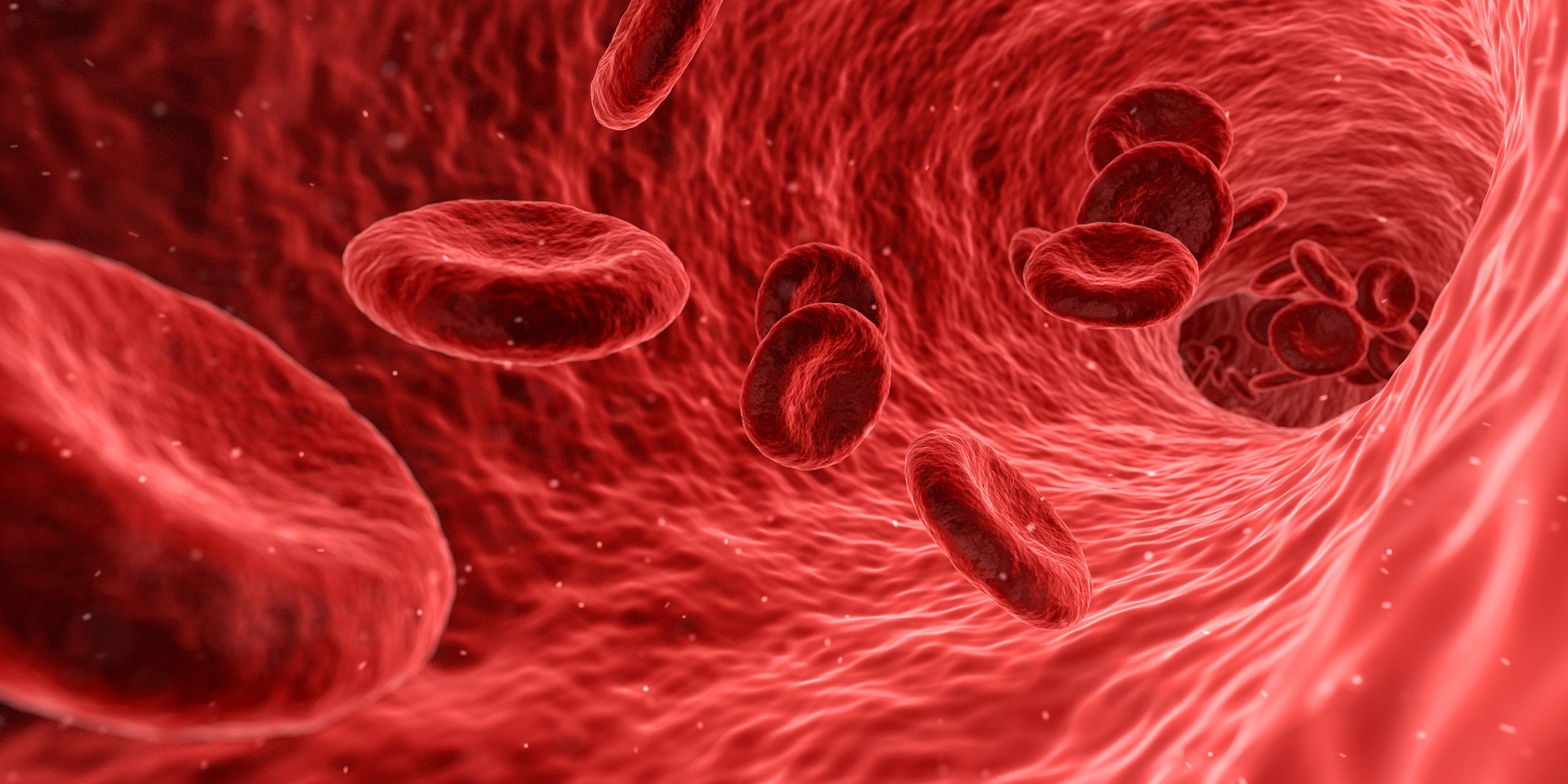Music played from my laptop next to the couch. I pulled my blanket up to my chin and listened and prayed. A friend came to mind, and I thought about how she was a conduit, a vessel for the Gospel. My mind turned over the word "vessel" and since my friend is also a nurse, wandered to thoughts of blood vessels and the body's vasculature.
All at once, something clicked inside me, and I sat straight up. When I thought of my friend—and myself, and everyone—as blood vessels, something suddenly made sense to me. Bear with me while I give some backstory.
It's been a year since I have moved back to the United States. A year full of struggles, depression, hope, and growth only reentry could bring (it was so crazy I even wrote an ebook on it). One of the things I struggled with during the transition from life overseas to life in Waco, Texas, was finding purpose in my location and vocation Stateside.
While in Cambodia, I learned the missionary lifestyle is not so different from—or more important than—the lifestyle of a believer back home. However, this knowledge didn't prevent guilt from creeping up on me when I moved to the States. I felt guilty for abandoning those I loved in Cambodia, and I questioned whether I was weak for not staying there. The attention and applause the American church gave to missionaries no longer applied to me. Without a clear-cut outline defining my goals and my purpose, I felt lost, out of place, and particularly unimportant.
Though the Lord has since provided incredible community, a sense of purpose and contribution, and relentless reminders of His love, in the back of my mind I have still believed that what I am doing here in the United States is less important—less vital—to the Kingdom than what I was doing in Cambodia. We often call missionaries the people on the "front lines," but where does that leave the rest of us?
When I thought of people as blood vessels, as conduits supplying life to other body parts, I realized it didn't matter what my location was. I could be a capillary in the pinky toe all the way in Cambodia, where the vasculature isn't as dense, or I could be part of the aorta at the hub of the heart. I could be a coronary artery, feeding the heart itself and keeping it strong so it could continue sending out blood to the body. I could be a femoral artery, a little farther from the heart but not in the boonies of the fingertips. Regardless of where I was, I was neither less important nor "more" vital than any other vessel. "More" and "less" do not exist as long as I pulse with the heartbeat of the One who gives life.
The goal of the cardiovascular system is to keep the body alive—all parts of the body. The aorta has no purpose if no arteries supply the brain; likewise, capillaries in the brain have nothing to give if the carotid is not functioning. My purpose is the same in both places, though it may look different. It may involve giving more of my financial resources (now that I have a paying job again!) and less time traveling to remote villages that have no blood supply yet. It may look like resting and soaking up the extra access to life-giving friends and community, hearing the Gospel preached in my own language every week, and feeling the pulse of His heartbeat, strong and regular as it reshapes my attitude and habits and life to be more like His.
When I was in Cambodia, I thirsted for community and soaked up every bit I received. I treasured phone calls and found Jesus to be my closest companion as I sought Him on my knees (in front of the oscillating fan, of course). I desperately hungered for the encouragement and prayers sent to me through friends and family and strangers, all the way from the heart of God to mine. I could not have survived without this. I am forever grateful for those who served as vessels at every step of the way: from the aorta to the arcuate artery, allowing hope to flow to me in the pinky toe of Kratie, Cambodia.
Here in the States, I am deeply grateful for community, for the people who draw near to the heart of God and who urge me to do the same. My soul feasts on the abundance of spiritual resources, and I am refreshed and restored. And I hope I too am a conduit. I hope I too am a vessel allowing hope to flow through me straight to the one who needs it, or to trickle from me to another to another to another, eventually reaching a girl on the other side of the world who is on her knees seeking the One who fills our deepest needs. I hope I get to play a part in her experiencing community and purpose and forgiveness. I hope she would know there is One who loves her, and this One who loves her most is there with her, on the floor in front of the fan, ready to refresh her soul.
To those who have been and to those who are conduits and vessels, thank you. What an honor to serve Jesus alongside you.








